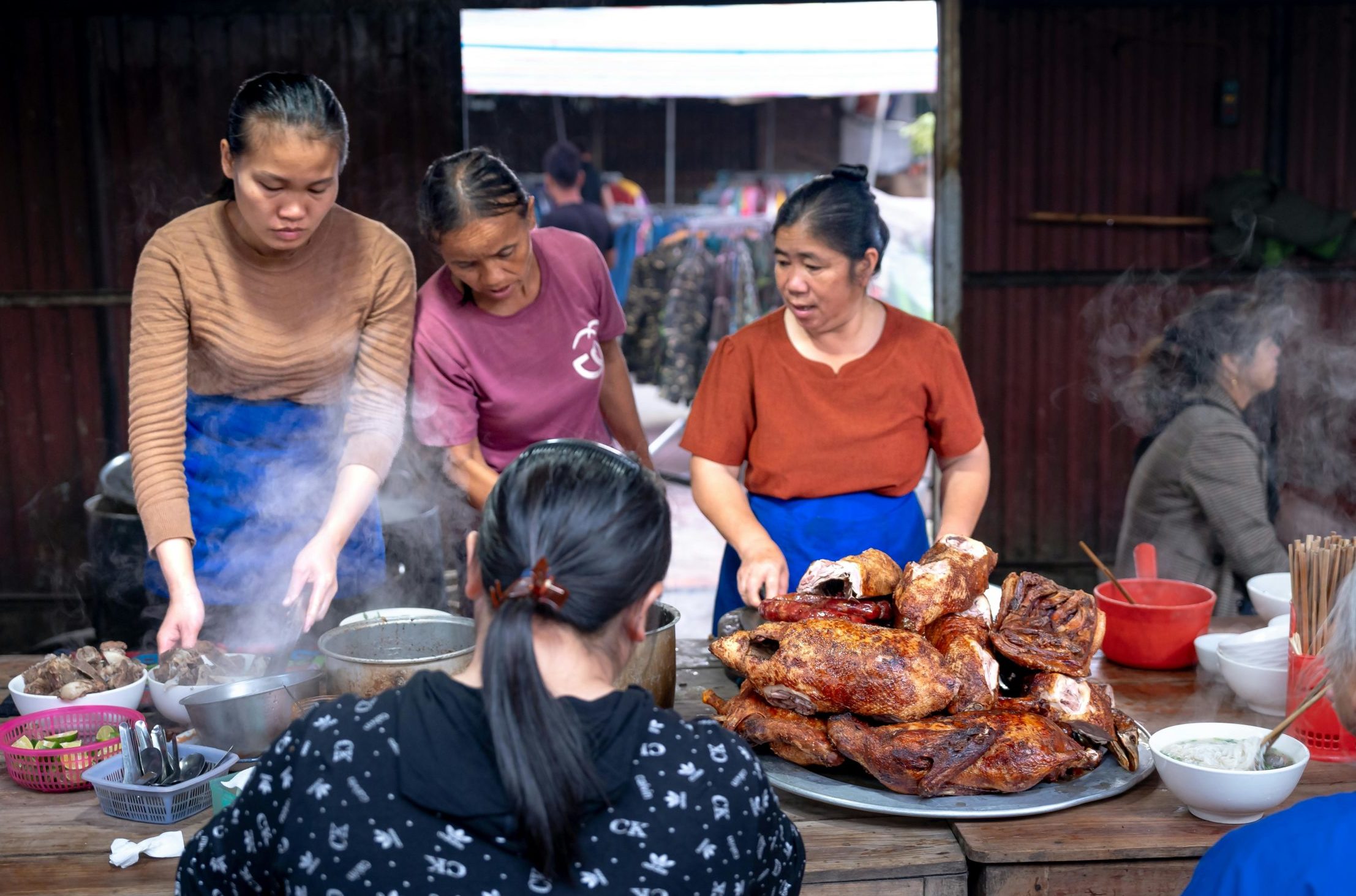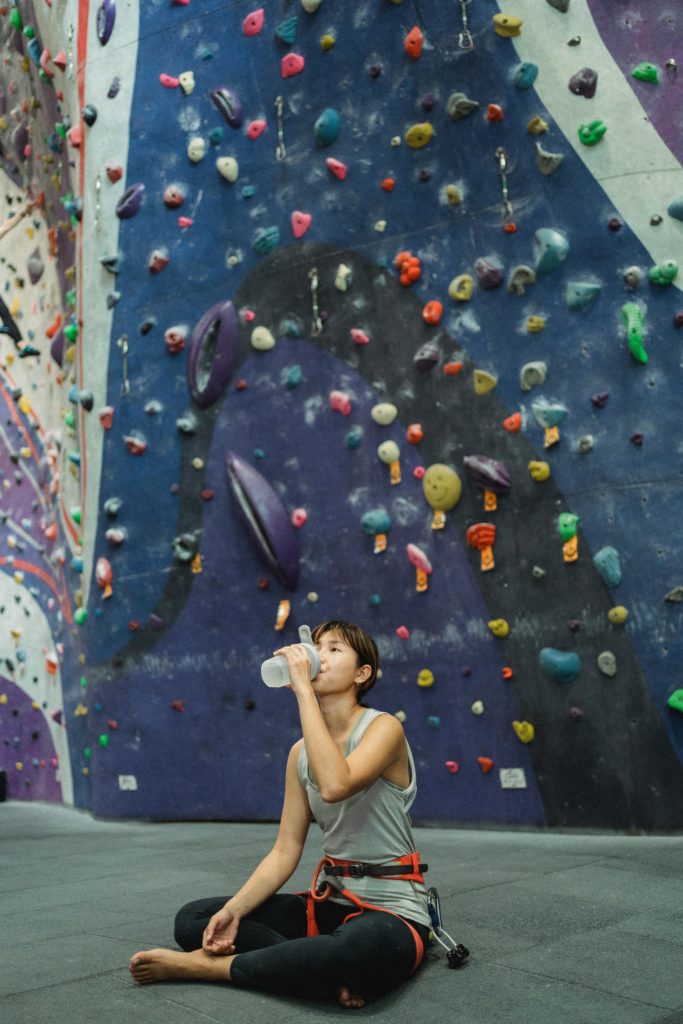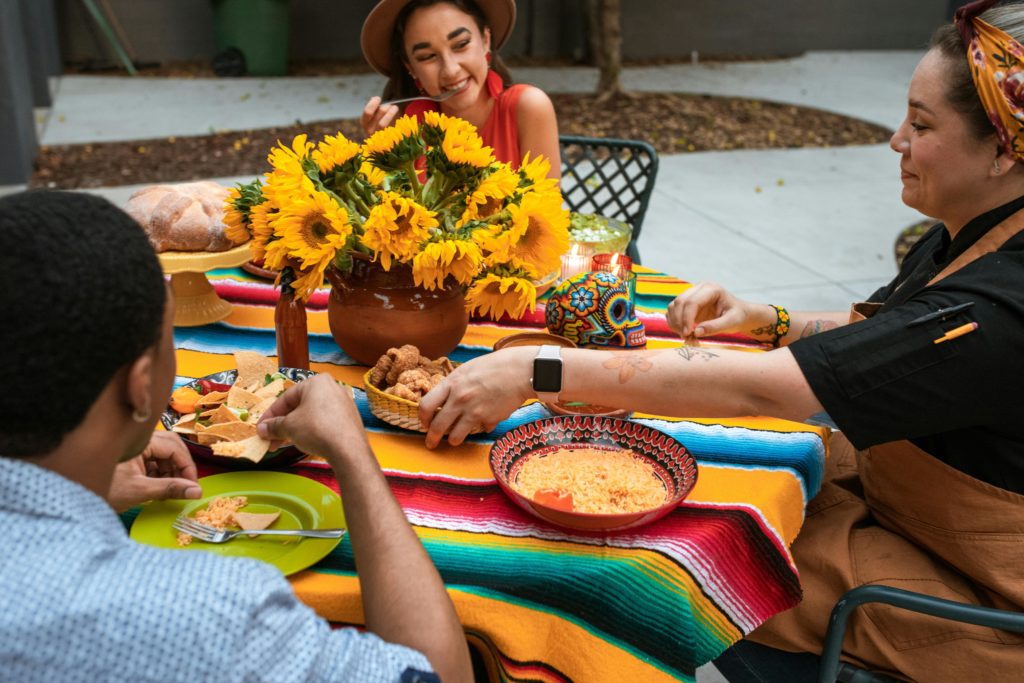If we are what we eat, then who are we? Exploring women’s identities through food culture


By the Food Culture Alliance
In June, we convened a panel of distinguished women to delve into the topic of how wider cultural changes, such as technology and social media, women’s economic empowerment, demographic shifts, and evolving gender roles are redefining women’s identities and reshaping how women feel about, think about, and value food.
The event, moderated by Terryanne Chebet, a communications strategist, podcaster and women’s advocate, featured insights from women across various spheres, including Maya Saffron Hanoomansingh, London-based tech architect and personal trainer; Elişa Roche, chef and food and travel journalist; Maliha Ahmed, mother and founder of SARR’s Kitchen; and Meredith Abarca, professor of food studies, writer, and founder of El Paso Food Voices.
Historically, women have served as primary nurturers in their families, a role deeply intertwined with food preparation and culinary tradition. Today, this role is expanding beyond traditional boundaries.
Women in Pakistan are now feeling empowered to transform their cooking skills from a domestic duty into a means of economic independence, as Maliha Ahmed shared. These women are using their culinary talents to start businesses and secure jobs. Similarly, Meredith Abarca recounted her mother’s transition from making homemade tortillas in Mexico to buying store-bought tortillas in California.
While Meredith cherished the connection between homemade tortillas and her heritage, her mother – an immigrant working multiple jobs and raising children – had to choose the more convenient option of store-bought tortillas. This change illustrates how women creatively adapt their culinary traditions in response to new life circumstances.
We also see that in the wake of advances in technology, availability and convenience, many are beginning to return to traditional food preparation methods as a way of reconnecting with familial and cultural roots.

Diet culture and class disparities influence food preferences
Although gender roles are ever-evolving, some traditional gender roles continue to influence how society thinks and feels about food, including which types of foods are considered ‘masculine’ and ‘feminine’. As a private chef, Elişa Roche, observed that men often order a variety of dishes—such as a starter, main course, and dessert—while women tend to choose smaller portions with few ingredients but are healthy, such as steamed fish and vegetables. This difference, usually influenced by gender-specific body image standards, often removes enjoyment from food for women.
But it is not just our gender identity that can influence society’s consumption of food, the intersection of class also has an important role to play.
Maya Saffron Hanoomansingh noted that those most privileged will have access to knowledge – for example the benefits of prioritising gut health – that usually take a long time to trickle down to those less privileged.
The foods that are advertised globally using expensive marketing strategies are cheap and unhealthy and come from convenience-focused fast food brands, such as McDonald’s. Whereas, knowledge around healthy food options is often only accessible to those who are more privileged. For instance, those who can afford gym memberships are more likely to be in health-conscious social circles, and those with smartphones or laptops can access online information that others cannot.
Maya advocated for a broader, more inclusive approach that truly addresses the needs and realities of women across all walks of life.
Cultural heritage can be neglected to fit into Western norms
Cultural heritage significantly influences women’s culinary identities, as discussed by London-based Maya, who shared her personal experiences growing up in a culturally mixed home, with Punjabi and Trinidadian parents.
She noted how the culture around us shapes our food choices, and sometimes enjoying culturally traditional family food can be challenging, when growing up in the Western world. These foods are often misunderstood or judged, and some people may feel self-conscious about their food being more fragrant, attracting unwanted attention from others – especially if that person is already a minority. This can lead individuals to reject their traditional cuisine and attempt to adapt their meals to be more Western and ‘acceptable’.

Gender is just one of many identities we possess throughout our lives. These identities have a significant influence on our food preferences. When we address social identity as a core part of interventions to drive consumption towards nutritious and sustainable foods, we can create large-scale positive impact.
Identity is just one part of our framework to create strategies to shift societal preferences towards nutritious and sustainable foods.
Explore our other levers of change below.
To find out how to join our next event, make sure to sign up to our newsletter below.
If you want to hear more from the Food Culture Alliance, including our latest news, tools, and resources, enter your email address below.